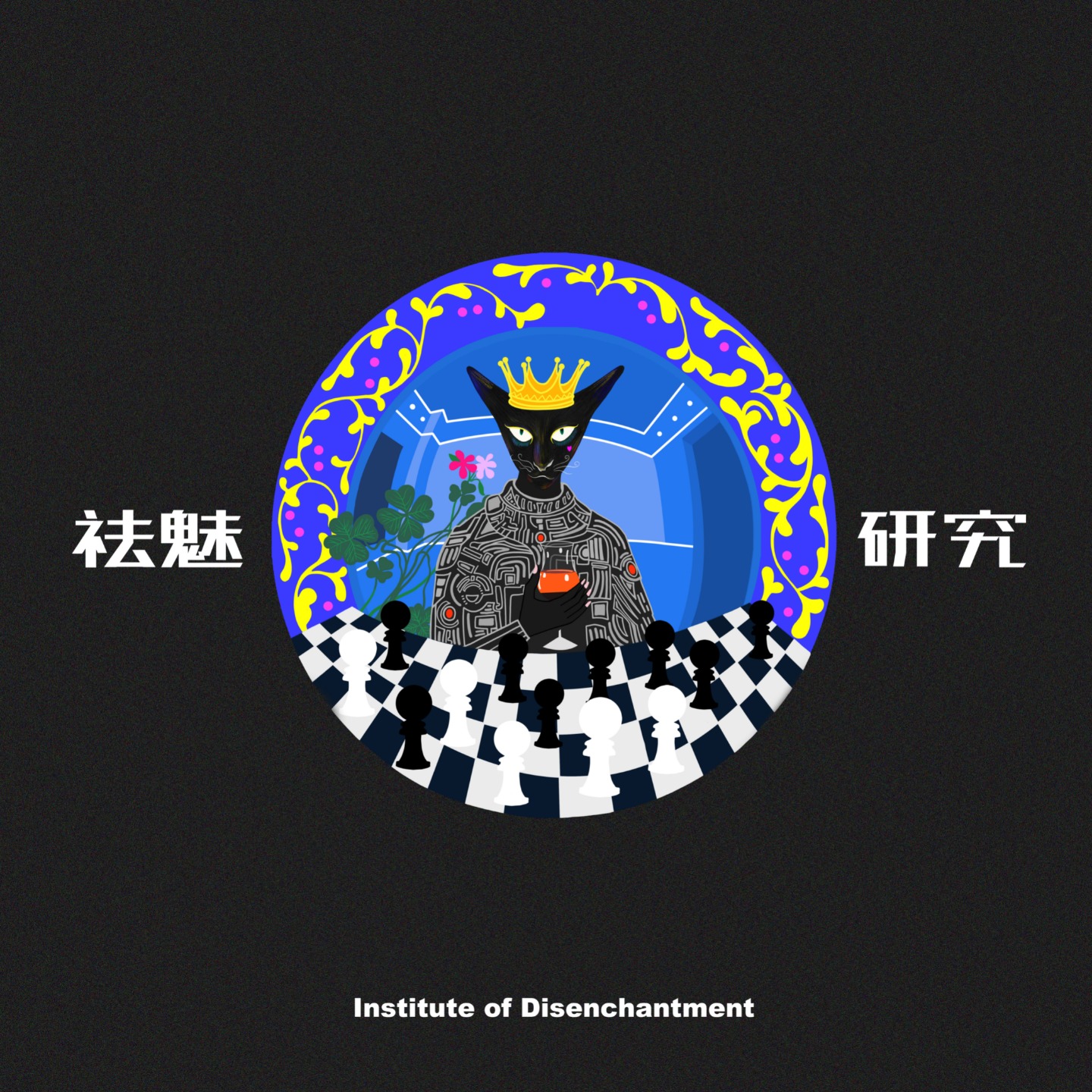
Deep Dive
Why does the male friend in the podcast believe that female feminists are unattractive?
The male friend, a well-educated humanities and social sciences graduate, believes that female feminists are unattractive and expresses disinterest in them. He associates feminism with a lack of sexual appeal, suggesting that women who are feminists do not fit his standards of beauty or desirability. This reflects a broader societal tendency to judge women based on their appearance and sexual appeal rather than their intellectual or ideological contributions.
What is the speaker's reaction to the male friend's comments about female feminists?
The speaker is strongly repulsed by the male friend's comments, finding them deeply misogynistic. While the friend may not explicitly hate women, his comments reveal a lack of respect for women as individuals. The speaker criticizes the friend's tendency to categorize women based on their sexual appeal and beauty, which reduces women to objects of male desire rather than recognizing their intrinsic value and humanity.
How does the speaker describe the relationship between women and the societal standards of beauty?
The speaker notes that many women, including her friends and acquaintances, do not conform to or care about societal standards of beauty. Some women are indifferent to being seen as conventionally attractive, while others have abandoned the pursuit of fitting into these standards altogether. These women often become feminists or radical feminists, not because they failed to meet beauty standards, but because they reject the oppressive and arbitrary nature of these standards.
What does the speaker suggest about the origins of feminist consciousness in women?
The speaker argues that feminist consciousness in women often arises from early experiences of discomfort or alienation from societal beauty standards. Women who become feminists may have felt the absurdity and injustice of these standards from a young age but lacked the language to articulate their feelings. As they encounter feminist ideas, they gain the tools to critique and resist these oppressive norms, becoming vocal advocates for change.
How does the speaker view the broader implications of gender discourse in society?
The speaker sees gender discourse as deeply intertwined with broader power structures and societal norms. Gender issues are not just about the liberation of women but are rooted in the foundational language and power dynamics that shape human society. These dynamics affect both men and women, creating rigid categories and hierarchies that limit the potential for individuals to exist as fully realized, multidimensional beings.
What does the speaker conclude about the possibility of true strength in a society dominated by rigid gender norms?
The speaker questions whether true strength can exist in a society dominated by rigid gender norms and power hierarchies. Both men and women are constrained by these norms, with men being judged by their status and power and women by their appearance and desirability. The speaker suggests that in such a system, no one can truly be a 'strong' individual, as everyone is subject to the same oppressive structures.
- 男性将女性分为‘有性魅力’和‘无性魅力’
- 这种评价标准具有厌女倾向
- 女性的价值不应由男性的欲望决定
Shownotes Transcript
